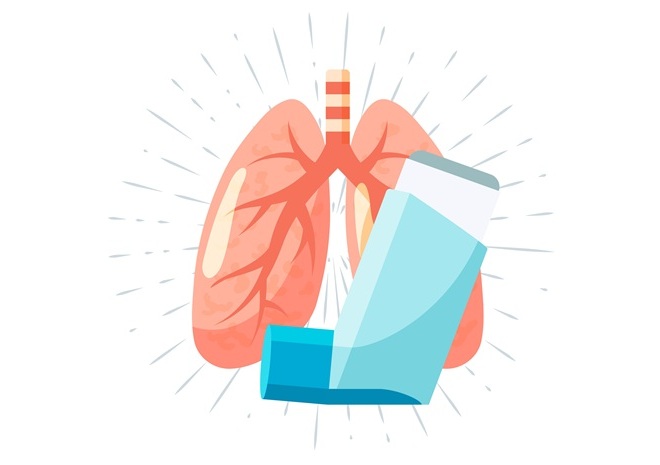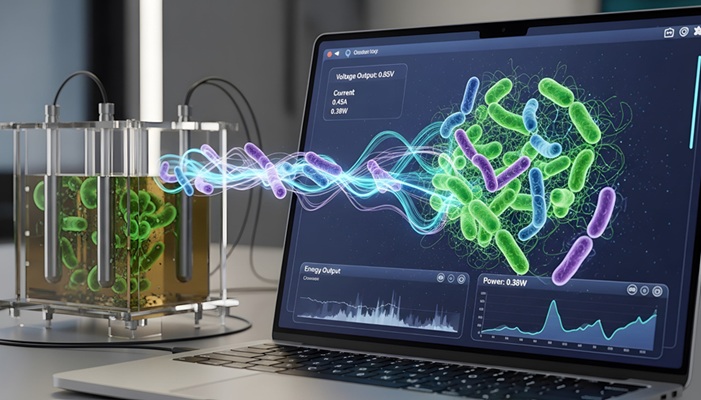Experimental Cancer Drug Inhibits SARS-CoV-2 Virus from Infecting Cells and Replicating
|
By HospiMedica International staff writers Posted on 22 Sep 2020 |
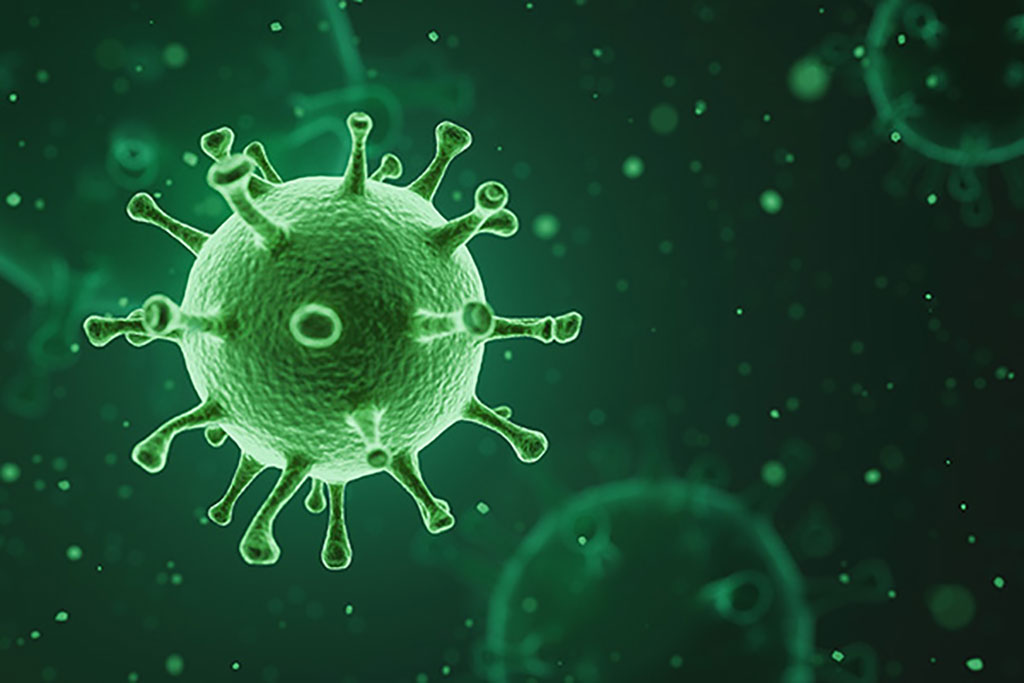
Illustration
A team of scientists has discovered that an experimental cancer drug called AR-12 inhibits the SARS-CoV-2 virus from infecting cells and replicating.
Scientists from the Virginia Commonwealth University Massey Cancer Center (Richmond, VA, USA) are now taking steps to develop a clinical trial for testing the novel oral treatment. AR-12 has been studied extensively by the scientists as both an anti-cancer and anti-viral drug, showing it to be effective against viruses including Zika, mumps, measles, rubella, chikungunya, RSV, CMV, drug resistant HIV and influenza. Their recent research has demonstrated that AR-12 is highly effective against SARS-CoV-2.
“AR-12 works in a unique way. Unlike any other anti-viral drug, it inhibits cellular chaperones, which are proteins that are required to maintain the right 3D shape of viral proteins. The shape of the virus is critical to its ability to infect and replicate,” said Paul Dent, Ph.D., at Virginia Commonwealth University Massey Cancer Center, who is a also professor in the VCU Department of Biochemistry and Molecular Biology and the Universal Corporation Chair in Cancer Cell Signaling and a member of the Cancer Cell Signaling research program at Massey.
One of the cellular chaperones inhibited by AR-12 is GRP78, which is essential for the reproduction of all viruses. GRP78 acts as a sort of cellular stress sensor and is required for the life cycle of all mammalian viruses.
“AR-12 is an oral therapy that has been well tolerated in a prior clinical trial, so we know that it is safe and tolerable. Most COVID-19 drugs are given intravenously, so this would be a unique therapeutic option and potentially suitable for outpatient therapy, similar to the way one would take an antibiotic,” said Andrew Poklepovic, M.D., medical oncologist, member of the Developmental Therapeutics research program and medical director of the Clinical Trials Office at Massey, who is leading the efforts to translate these exciting findings into a clinical trial.
Poklepovic hopes to begin enrolling patients in early 2021, but several milestones remain. The team must develop the clinical trial protocol, receive approval from the FDA to test AR-12 on COVID-19 patients and manufacture enough of the drug for the trial.
“We are working to submit the required information for FDA approvals, and we are also in discussions with a local pharmaceutical company to manufacture the drug for the trial,” said Sebti, Ph.D., associate director for basic research and member of the Developmental Therapeutics program at VCU Massey Cancer Center, and professor of pharmacology and toxicology at the VCU School of Medicine. “We are hopeful that AR-12 will emerge as a treatment option for patients suffering from COVID-19, ultimately saving lives and contributing to the global pandemic solution.”
Related Links:
Virginia Commonwealth University Massey Cancer Center
Scientists from the Virginia Commonwealth University Massey Cancer Center (Richmond, VA, USA) are now taking steps to develop a clinical trial for testing the novel oral treatment. AR-12 has been studied extensively by the scientists as both an anti-cancer and anti-viral drug, showing it to be effective against viruses including Zika, mumps, measles, rubella, chikungunya, RSV, CMV, drug resistant HIV and influenza. Their recent research has demonstrated that AR-12 is highly effective against SARS-CoV-2.
“AR-12 works in a unique way. Unlike any other anti-viral drug, it inhibits cellular chaperones, which are proteins that are required to maintain the right 3D shape of viral proteins. The shape of the virus is critical to its ability to infect and replicate,” said Paul Dent, Ph.D., at Virginia Commonwealth University Massey Cancer Center, who is a also professor in the VCU Department of Biochemistry and Molecular Biology and the Universal Corporation Chair in Cancer Cell Signaling and a member of the Cancer Cell Signaling research program at Massey.
One of the cellular chaperones inhibited by AR-12 is GRP78, which is essential for the reproduction of all viruses. GRP78 acts as a sort of cellular stress sensor and is required for the life cycle of all mammalian viruses.
“AR-12 is an oral therapy that has been well tolerated in a prior clinical trial, so we know that it is safe and tolerable. Most COVID-19 drugs are given intravenously, so this would be a unique therapeutic option and potentially suitable for outpatient therapy, similar to the way one would take an antibiotic,” said Andrew Poklepovic, M.D., medical oncologist, member of the Developmental Therapeutics research program and medical director of the Clinical Trials Office at Massey, who is leading the efforts to translate these exciting findings into a clinical trial.
Poklepovic hopes to begin enrolling patients in early 2021, but several milestones remain. The team must develop the clinical trial protocol, receive approval from the FDA to test AR-12 on COVID-19 patients and manufacture enough of the drug for the trial.
“We are working to submit the required information for FDA approvals, and we are also in discussions with a local pharmaceutical company to manufacture the drug for the trial,” said Sebti, Ph.D., associate director for basic research and member of the Developmental Therapeutics program at VCU Massey Cancer Center, and professor of pharmacology and toxicology at the VCU School of Medicine. “We are hopeful that AR-12 will emerge as a treatment option for patients suffering from COVID-19, ultimately saving lives and contributing to the global pandemic solution.”
Related Links:
Virginia Commonwealth University Massey Cancer Center
Latest COVID-19 News
- Low-Cost System Detects SARS-CoV-2 Virus in Hospital Air Using High-Tech Bubbles
- World's First Inhalable COVID-19 Vaccine Approved in China
- COVID-19 Vaccine Patch Fights SARS-CoV-2 Variants Better than Needles
- Blood Viscosity Testing Can Predict Risk of Death in Hospitalized COVID-19 Patients
- ‘Covid Computer’ Uses AI to Detect COVID-19 from Chest CT Scans
- MRI Lung-Imaging Technique Shows Cause of Long-COVID Symptoms
- Chest CT Scans of COVID-19 Patients Could Help Distinguish Between SARS-CoV-2 Variants
- Specialized MRI Detects Lung Abnormalities in Non-Hospitalized Long COVID Patients
- AI Algorithm Identifies Hospitalized Patients at Highest Risk of Dying From COVID-19
- Sweat Sensor Detects Key Biomarkers That Provide Early Warning of COVID-19 and Flu
- Study Assesses Impact of COVID-19 on Ventilation/Perfusion Scintigraphy
- CT Imaging Study Finds Vaccination Reduces Risk of COVID-19 Associated Pulmonary Embolism
- Third Day in Hospital a ‘Tipping Point’ in Severity of COVID-19 Pneumonia
- Longer Interval Between COVID-19 Vaccines Generates Up to Nine Times as Many Antibodies
- AI Model for Monitoring COVID-19 Predicts Mortality Within First 30 Days of Admission
- AI Predicts COVID Prognosis at Near-Expert Level Based Off CT Scans
Channels
Artificial Intelligence
view channelCritical Care
view channel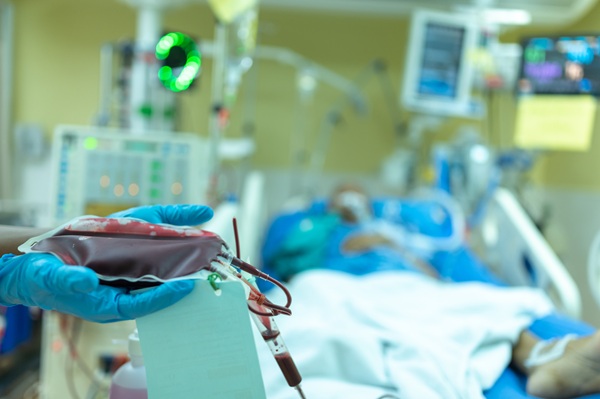
AI Tool Identifies Trauma Patients Requiring Blood Transfusions Before Reaching Hospital
Severe bleeding is one of the most common and preventable causes of death after traumatic injury. However, current tools often fail to accurately identify which patients urgently require blood transfusions,... Read more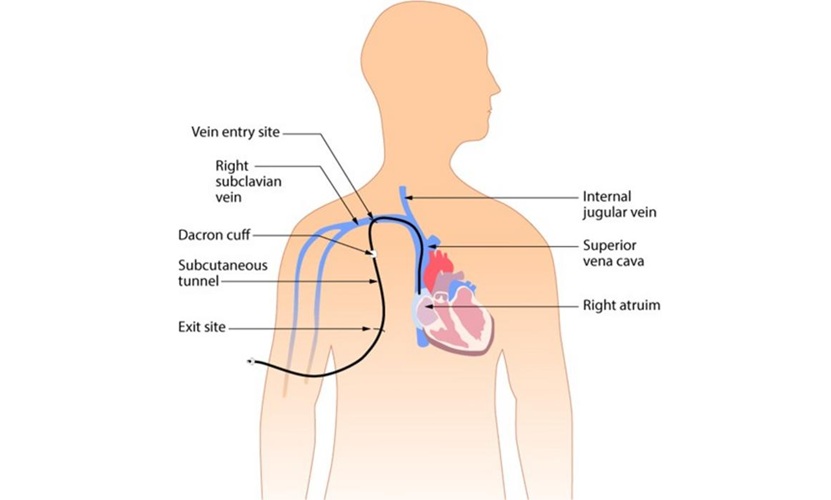
New Clinical Guidelines to Reduce Central Line-Associated Bloodstream Infection
Central venous catheters are essential in intensive care units, delivering life-saving medications, monitoring cardiovascular function, and supporting blood purification. However, their widespread use... Read moreSurgical Techniques
view channelAI-Based OCT Image Analysis Identifies High-Risk Plaques in Coronary Arteries
Lipid-rich plaques inside coronary arteries are strongly associated with heart attacks and other major cardiac events. While optical coherence tomography (OCT) provides detailed images of vessel structure... Read moreNeural Device Regrows Surrounding Skull After Brain Implantation
Placing electronic implants on the brain typically requires removing a portion of the skull, creating challenges for long-term access and safe closure. Current methods often involve temporarily replacing the skull or securing metal plates, which can lead to complications such as skin erosion and additional surgeries.... Read morePatient Care
view channel
Revolutionary Automatic IV-Line Flushing Device to Enhance Infusion Care
More than 80% of in-hospital patients receive intravenous (IV) therapy. Every dose of IV medicine delivered in a small volume (<250 mL) infusion bag should be followed by subsequent flushing to ensure... Read more
VR Training Tool Combats Contamination of Portable Medical Equipment
Healthcare-associated infections (HAIs) impact one in every 31 patients, cause nearly 100,000 deaths each year, and cost USD 28.4 billion in direct medical expenses. Notably, up to 75% of these infections... Read more
Portable Biosensor Platform to Reduce Hospital-Acquired Infections
Approximately 4 million patients in the European Union acquire healthcare-associated infections (HAIs) or nosocomial infections each year, with around 37,000 deaths directly resulting from these infections,... Read moreFirst-Of-Its-Kind Portable Germicidal Light Technology Disinfects High-Touch Clinical Surfaces in Seconds
Reducing healthcare-acquired infections (HAIs) remains a pressing issue within global healthcare systems. In the United States alone, 1.7 million patients contract HAIs annually, leading to approximately... Read moreHealth IT
view channel
EMR-Based Tool Predicts Graft Failure After Kidney Transplant
Kidney transplantation offers patients with end-stage kidney disease longer survival and better quality of life than dialysis, yet graft failure remains a major challenge. Although a successful transplant... Read more
Printable Molecule-Selective Nanoparticles Enable Mass Production of Wearable Biosensors
The future of medicine is likely to focus on the personalization of healthcare—understanding exactly what an individual requires and delivering the appropriate combination of nutrients, metabolites, and... Read moreBusiness
view channel
Medtronic to Acquire Coronary Artery Medtech Company CathWorks
Medtronic plc (Galway, Ireland) has announced that it will exercise its option to acquire CathWorks (Kfar Saba, Israel), a privately held medical device company, which aims to transform how coronary artery... Read more
Medtronic and Mindray Expand Strategic Partnership to Ambulatory Surgery Centers in the U.S.
Mindray North America and Medtronic have expanded their strategic partnership to bring integrated patient monitoring solutions to ambulatory surgery centers across the United States. The collaboration... Read more
FDA Clearance Expands Robotic Options for Minimally Invasive Heart Surgery
Cardiovascular disease remains the world’s leading cause of death, with nearly 18 million fatalities each year, and more than two million patients undergo open-heart surgery annually, most involving sternotomy.... Read more














